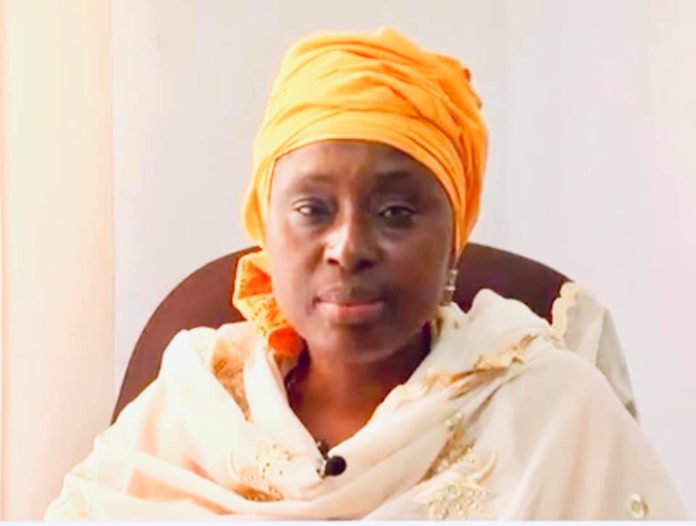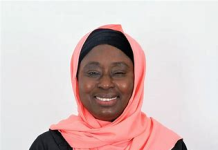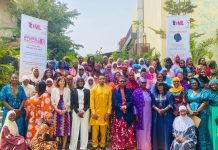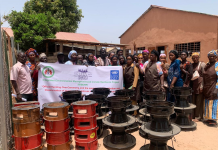By Ndey Sowe
Minister of Women, Children and Social Welfare Fatou Kinteh has recently emphasized the need for government and its partners to work together in order to end all forms of sexual and gender based violence in The Gambia.
Madam Kinteh, who was speaking at the TAF Africa Global Conference said: “We have to work even harder and this requires the effort of all such as the Government, UN Agencies, donor partners, CSOs, individuals, communities and families to be able to eliminate all forms of sexual and gender based violence from the face of The Gambia.”
She added women and girls form over 50% of the population in The Gambia, and as such no meaningful development can take place if their rights continue to be violated and their health, dignity and autonomy undermine.
She said: “I will urge all partners to come together in support of programs on sexual and gender based violence in order to ensure the full participation of women and girls within the economic development of The Gambia, without their full contribution, socio economic development cannot be achieved.”
She said in November 2015, FGM was banned and subsequently criminalized in The Gambia making an impressive milestone in the country’s journey to end the practice, and ensure that the fundamental human rights of girls and women are protected and fulfilled.
According to her, with support from UN Agencies and other agencies as well, the significant accomplishment came to pass after several years of sensitization and training of individuals and communities by GAMCOTRAF, and other women rights NGOs and government partners.
She added that even though, they have registered some gains by putting in place the necessary framework, there is still work to be done.
Anta Taal from the Woman Boss said often times when people talk about women and girls, they tend to focus a lot on those at the base of the pyramid. She highlighted the many women that are already breaking barriers and already breaking through societal norms. She gave an example of Fatou Bensouda chief Prosecutor of International Criminal Court whom she said represents the voice of women.
She said: “51% of our pollution is made up of women and these women are found in mostly the productive sectors of the economy. They are the women in agriculture, and not the women that are located within the lower part of the value chain, but they are the women adding value to agricultural products producing food.”
According to her, they are the women in the fisheries industry adding value to smoked fish going through all the hardships in labour in terms of adding value to enable people to have food on our tables, but also export.
“They are the women in textile as well as hand crafts, and these women contribute a lot to the development of our economy, she added.
According to her, the women are entrepreneurs who create jobs and generate income for the economy as well as foreign exchange in terms of GDP contribution. She went on to acknowledge the efforts that are currently going on at the level of the government.
She said: “It is the first time The Gambia has a minister of agriculture who happened to be a woman”, adding Gambia now has ministry of women, children and social welfare.
She added: “We do have some level of representation at the parliament and we need to celebrate such women in our societies.”
She said a lot of work needs to be done, adding the UN resident coordinator has highlighted the fact that at the global level there has been a lot of efforts in term of empowering women and promoting gender parity, SDG Goal 5 and SDG Goal 8 focusing on these two priority areas.
She said: “The evidence we have seen lately, highlighted the fact that at the pace that we are going, we are far behind from meeting these objectives, in fact if we don’t change the mind sets and not just at the local level and not at the African level, even at the western world, it might take us up to a hundred years to meet these objectives.”
So it calls for collaboration from the government, the private sector, civil society as well as academia to move this agenda forward, she added.





















